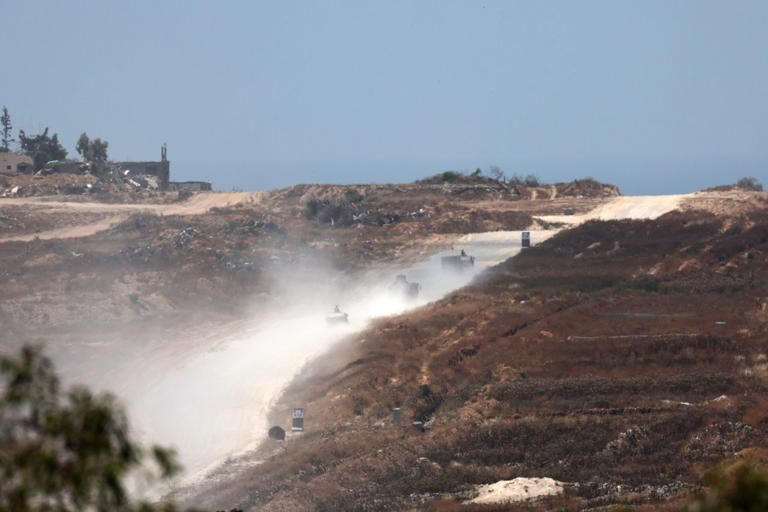Battles between Israel and Hamas have escalated across the Gaza Strip as mediators strive to revive talks aimed at halting the violence and securing the release of hostages.
Israeli military operations in Jabalia, Zeitoun, and Rafah have intensified, with Prime Minister Benjamin Netanyahu warning of a potential prolonged insurgency even if Hamas is defeated in Rafah.
Israel’s targeted operation in Rafah, aimed at pressuring Hamas into a temporary cease-fire for hostage release, has resulted in heightened fighting. Cease-fire negotiations, mediated by Egypt, Qatar, and the U.S., have stalled, though Arab mediators anticipate reconvening in Doha this week.
The conflict coincides with Israel’s annual memorial day and celebrations marking its establishment in 1948. Netanyahu emphasized Israel’s determination to destroy Hamas battalions in Rafah as a precondition for victory, with approximately 130 hostages still held from an earlier attack.
The escalating crisis has strained relations between Israel and Egypt, with Egypt closing the Rafah border crossing and threatening to intervene against Israel’s operations in Gaza. Meanwhile, humanitarian conditions worsen, with a lack of fuel affecting Gaza’s health infrastructure.
Amid international pressure to resolve the conflict, Israel faces a delicate balance between military pressure on Hamas and avoiding civilian casualties. Former Israeli military officials argue for a more forceful approach, while others caution against risking further condemnation.
The conflict underscores the absence of a clear postwar plan for Gaza, with the U.S. advocating for a revitalized Palestinian Authority to assume control. However, Netanyahu remains opposed to such a solution in Gaza.



